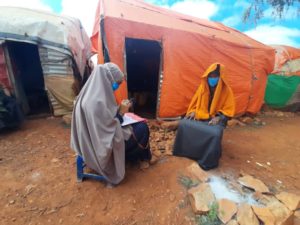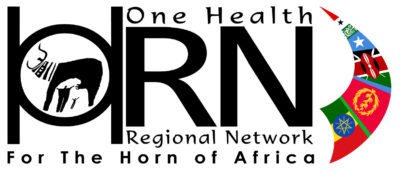
Close to a year since the start of the pandemic, COVID19 is not just a health crisis. Millions living in informal settlements in the world’s poorest regions depend on unreliable daily wages and humanitarian aid from NGOs and governments as their only livelihood strategies. The pandemic desperately impacts on these populations by restricting both internal and international movements. Further, observing hand hygiene is very challenging in these contexts where access to clean water is limited and if found, preserved only for drinking. Somalia has one of the world’s largest populations of internally displaced people (IDPs) due to decades-long unrest and frequent environmental crises such as droughts, floods and recent desert locust infestations.
The study is aiming to explore how Somalia’s IDP communities are coping with COVID19 impacts. A particular interest is understanding livelihood and mental health impacts and practicality of hand hygiene measures. Relevant stakeholders such as Camp Coordination and Camp Management Cluster, United Nations Office for the Coordination of Humanitarian Affairs, and local governments, are being engaged and consulted throughout the process.Evidence from this study will help relief agencies and the government to understand the impact of COVID19 and its prevention on IDP communities.
The project is led by a Dr Farah Isse Mumin of the Red Sea University, Somalia, along with other researchers from IGAD Sheikh Technical Veterinary School (Fred Wesonga) and Amoud University in Somaliland (Jibril Handuleh), as well as the University of Liverpool, UK (Siobhan Mor and Ross White).
